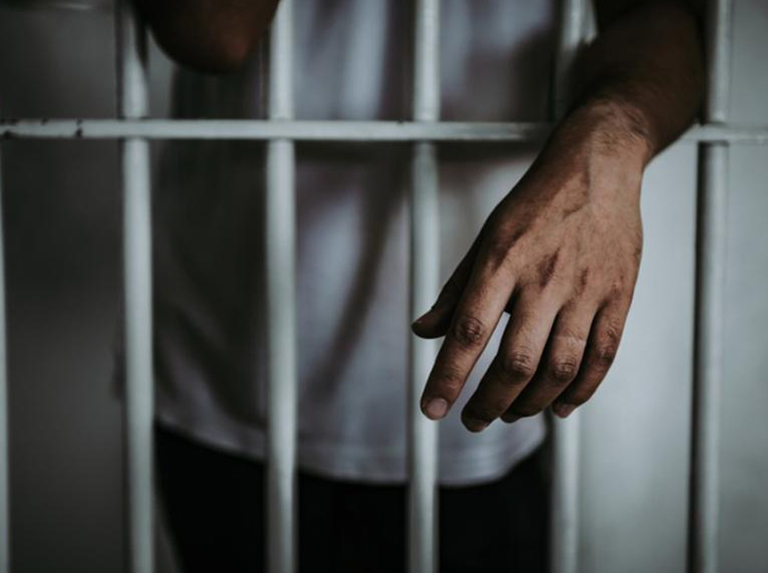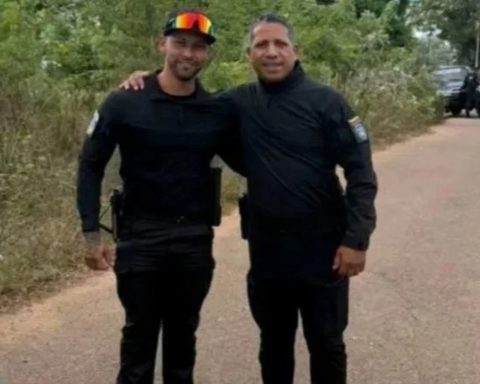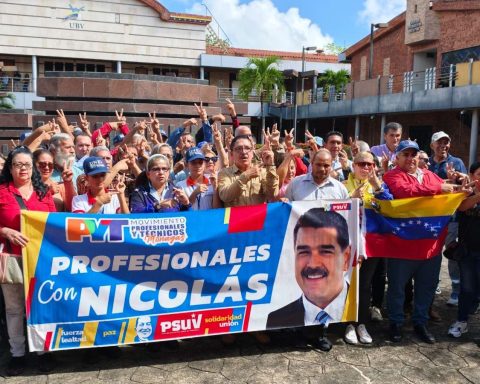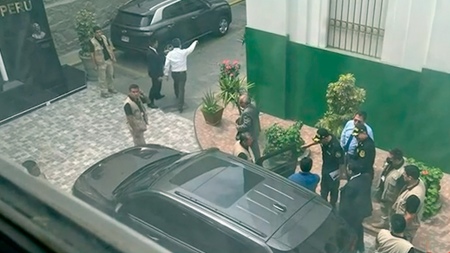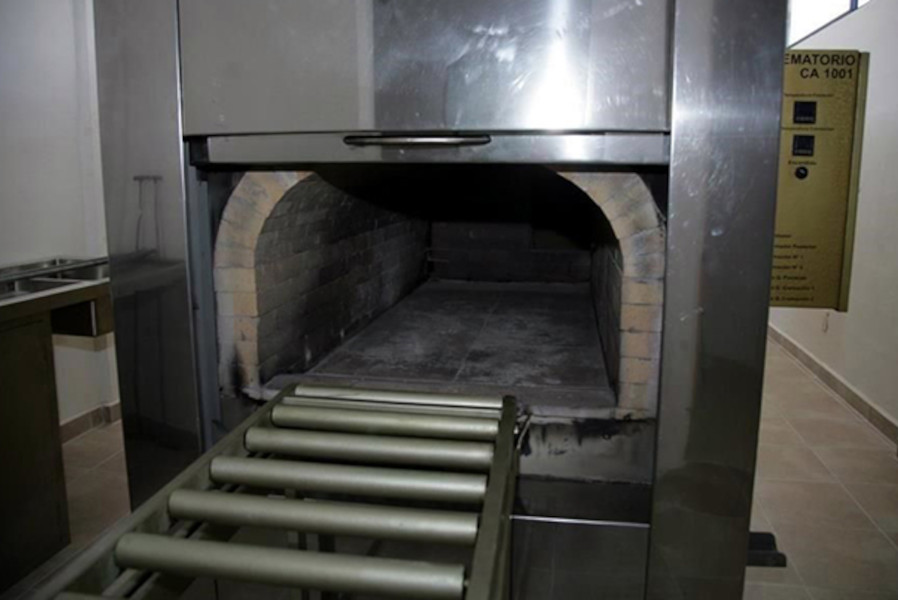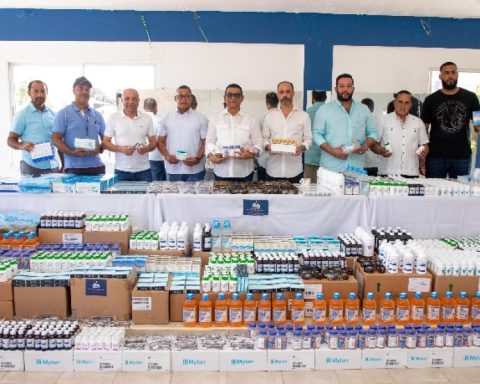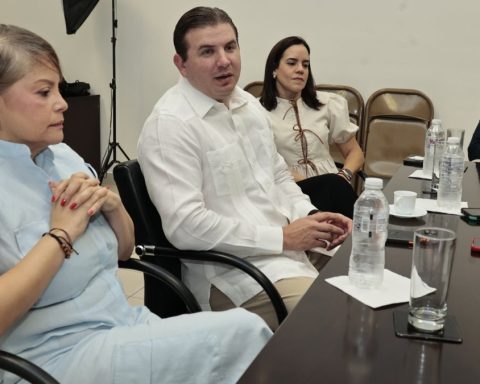The Criminal Chamber of the Supreme Court of Justice upheld the sentence imposed on two workers of an improvised nursery and its owner, accused of committing sexual abuse against 10 minors between 2 and 8 years of age, according to sentence 397 drafted by magistrate Maikel Dark.
In this case, those prosecuted for the facts are: Hernando José Zara, Pedro José Contreras and Eloisa Claret Zaraza Becerrit, who were denounced in September 2017 before the Cicpc by a mother of the victims.
The two men played games with the children in which they took the opportunity to touch their private parts. All this with the presumed consent of Eloisa, owner of the apartment where the daily care home operated, according to an investigation by the prosecutor Lady Diana González Carrero, who questioned five of the 10 victims.
The two men were accused of sexual abuse of children without penetration in a real contest, while the woman was accused of the same crime but committed by omission.
The claims to open a trial against the three defendants were annulled on two occasions by courts in Caracas. Finally, the trial began on January 13 before the Second Trial Court of Caracas. Hernando was sentenced to 10 years, 8 months in prison and Pedro five years, four months after admitting his participation in the events investigated by the Public Ministry.
Already the previous year, specifically on March 11, 2021, Eloisa also admitted the facts and was sentenced to 8 years and 10 months in prison.
The Public Ministry did not agree with the sentences imposed and filed an appeal before the Court of Appeals.
On June 16, the Court partially admitted the complaints of the Prosecutor’s Office and proceeded to rectify the sentences: Hernando’s was brought to 22 years and Pedro’s was reduced to 12 years.
The lawyers for this group of defendants went to the Criminal Chamber of the TSJ to try to revoke said sentences, but the magistrates rejected such an approach “as manifestly unfounded.”
In one of the responses, the Chamber responded that the appealing lawyers basically had “the alleged intention of leading this Criminal Cassation Chamber to review a sentence for the simple fact that it is adverse to it.”
The Chamber recalled that each resource has a purpose and a way of presenting it, a situation that was not observed in this case, says the sentence.
